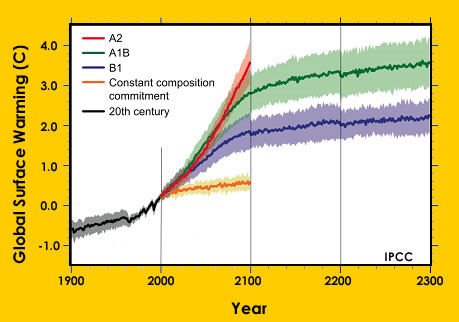Earth's average temperature over the past 100 years is shown in the black line. Predictions of future warming are shown by the red, green, and purple lines. These predictions make different assumptions about how many greenhouse gases we release into the atmosphere in the future.
A Windows to the Universe image based on a graph from the IPCC 4th Assessment Report
Global Warming: Scientists Say Earth Is Heating Up
Earth’s climate is getting warmer. During the past 100 years Earth’s average temperature rose about 0.6° Celsius (1.0° F). Things that people are doing like burning fossil fuels, changing the way land is used, and farming, are a big part of the causes of global warming.
The air and oceans are warming. Snow and ice in Earth’s polar regions is melting. Sea level rises because of warmer oceans and the added water from melting glaciers and snow. Temperatures in the Arctic have risen twice as fast as the global average in the past century. The amount of rain and snow in different regions of the world has changed too. So have extreme weather events such as droughts, heat waves, and hurricanes.
According to computer models, more global warming is in our future. During the next hundred years computer models predict that Earth’s average temperature will rise between 1.8 and 4.0° Celsius (3.2° and 7.2° F) according to the Intergovernmental Panel on Climate Change (IPCC).
There are many ways to help slow down global warming. For example, many people and companies are trying to be "Carbon Neutral" to prevent more greenhouse gases from entering the atmosphere.
Last modified July 22, 2008 by Lisa Gardiner.
You might also be interested in:
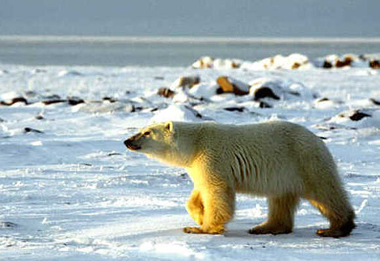
A new report shares what we know about how people and natural ecosystems are changing because of climate change and how they will be affected by warming in the future. In earlier report, released in February,
...more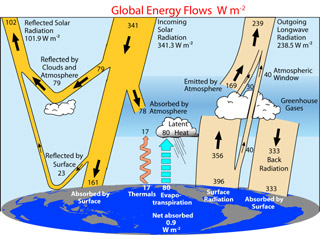
Light from the Sun shines on Earth. Some of that light reflects off clouds back into space. Some of the light makes it to the ground and warms our planet. The warm ground and oceans give off infrared (IR)
...more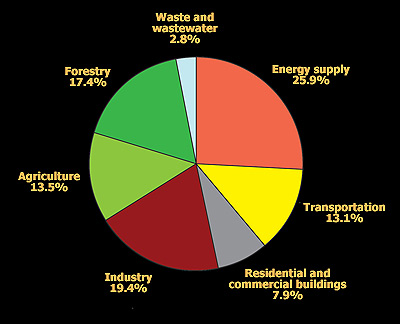
By sending greenhouse gases into the air, we have made Earth’s greenhouse effect stronger. This has caused global warming. So what can we do about it? If we put fewer greenhouse gases into the air, we
...more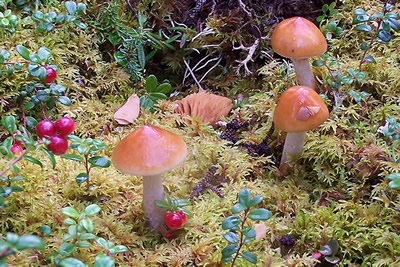
A group of scientists recently conducted a study in a forest near Fairbanks, Alaska to learn more about forests and climate change and global warming. Plants, animals, and fungi are all part of the carbon
...more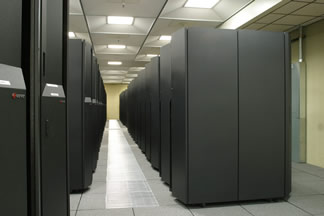
To figure out what the Earth might be like in the future, scientists need to know how Earth reacts to changes. Models help scientists to better understand how the Earth works and how it will react to climate
...more
Have you ever had a fire in your fireplace? Burning logs leaves a black powdery material behind called soot. Soot is also made when we burn coal, gas or oil for energy. Humans have been burning these
...more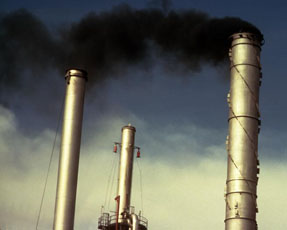
Leaders from the countries of the world are heading to Copenhagen, Denmark in December 2009 to decide how the world will deal with climate change. They will make decisions about how to send less greenhouse
...more
